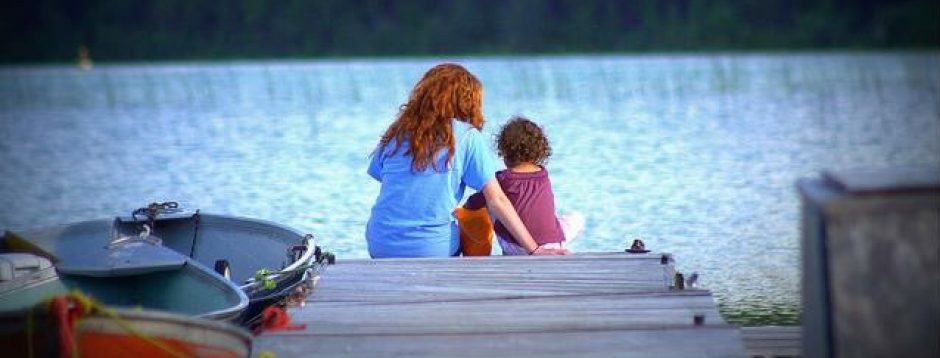“Excursion into traditional territory” I would say is a hidden oxymoron in the narrative Learning From Place (I’m not sure if this was intentional or not). How sad is it that traditional land, once their home has become a place to be travelled to and explored as a foreign land? Learning about and experiencing historical significance in their journey.
Examples of Decolonization and reinhabitation in the article:
- Youth connecting with elders: learning, sharing
- Community involvement
- Social relationality becoming more “visible and nameable”
- Standing up to looming development proposals
- Renaming and reclaiming (teaching language)
- Defining development in their own terms and continuing to develop their historical relationship to the land
- Environmental threats are becoming more and more prominent, this is helping people develop certain indigenous ways of living
My students and I are going to work together each year to strengthen our relationship to the land in which we live. I believe in encouraging everyone to discover a special place outdoors to sit in stillness for several minutes and noticing their senses. I am passionate about community-involvement since I come from a small community. In my town we have a community garden that gets very little use and I plan to involve my students in garden projects. Getting your hands dirty is part of any learning experience. My students will create projects on topics they feel passionate about and can get community members involved in their learning. Appreciation for wildlife is also important, but I have not yet decided how I am going to bring this kind of connection into my classroom. Being a science teacher, I will have endless opportunities to bring indigenous education to my classroom.
“The main word that arose as discussions evolved about land, the river, and life in their territory was paquataskamik, ‘an Inninowuk (Cree) word that describes the ‘natural environment’ and draws attention to the whole of traditional territory.’ (Gruner and Metatawabin, 2009)” (Learning from Place 2013)
Restoule et al (2013) Learning From Place
